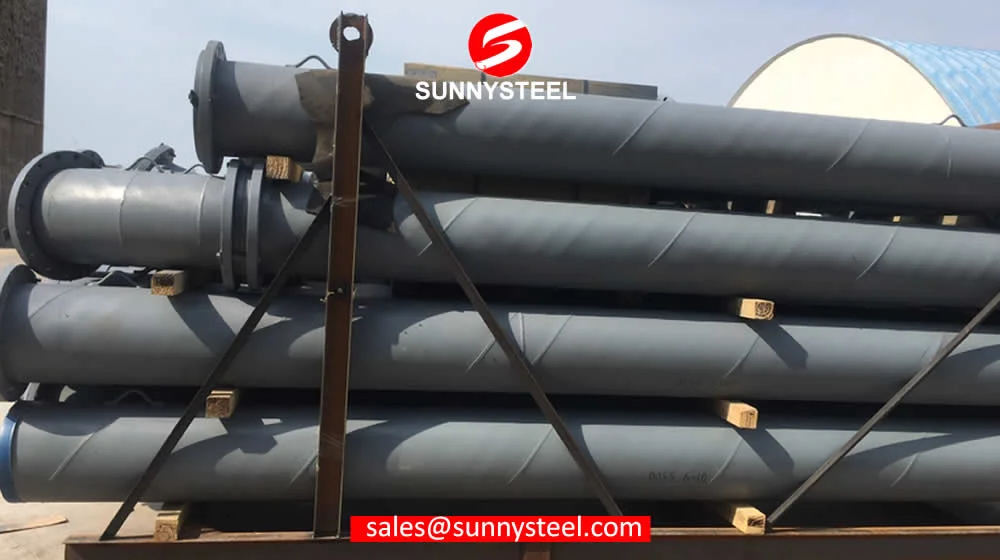
Superior Wear Protection
Durable steel pipes with cast basalt lining offer exceptional abrasion & corrosion resistance, engineered for industrial fluid transfer and chemical applications.
Superior Wear Protection
Durable steel pipes with cast basalt lining offer exceptional abrasion & corrosion resistance, engineered for industrial fluid transfer and chemical applications.
Our cast basalt lined steel pipes represent the pinnacle of industrial piping technology, combining the structural strength of high-grade steel with the exceptional wear resistance of fused basalt lining. These advanced piping systems are engineered to withstand the most demanding industrial environments, offering superior protection against abrasion, corrosion, and high-temperature conditions.
The innovative three-layer construction features an inner cast basalt lining with Mohs hardness of 7-8, an outer steel shell for structural integrity, and cement mortar filling that creates an alkaline environment to prevent corrosion. This unique design delivers service life up to 10 times longer than traditional cast iron pipes and 4 times longer than Ni-hard steel alternatives.
Our centrifugal casting manufacturing process ensures consistent quality and optimal performance. The molten basalt is poured into high-speed rotating centrifuges under vacuum conditions, creating a dense, uniform lining that becomes increasingly smooth during operation, reducing friction and preventing blockages.
Available in diameters ranging from DN80 to DN800mm with customizable specifications for larger applications, these pipes excel in pneumatic and hydraulic conveying systems, ash handling applications, slurry transport, and chemical processing environments. The smooth interior surface minimizes material buildup while the exceptional chemical resistance handles acids, alkalis, salts, and organic solvents with ease.
Installation flexibility is enhanced through multiple connection options including flanged, welded, and quick-assembly joints. The heavy-caliber variants can handle temperatures up to 450°C, making them ideal for high-temperature industrial processes. With proven applications across coal-fired power plants, mining operations, cement manufacturing, and chemical processing facilities, these pipes deliver unmatched reliability and cost-effectiveness over their extended operational lifetime.
Cast basalt lined steel pipes combine the structural strength of heavy‑wall carbon steel and the exceptional corrosion and abrasion resistance of cast basalt. Ideal for transporting aggressive media—such as acidic or abrasive slurries, industrial chemicals, sewage, or seawater—these pipelines deliver long-term reliability in severe conditions.
At Sunny Steel, our basalt lined steel pipe features a thick, thermo-chemically bonded cast basalt lining that resists wear and withstands wide pH ranges. The basalt layer is applied using a patented process for seamless fusion to the steel substrate, eliminating delamination and internal corrosion.
These pipes are suitable for mining sludge, wastewater treatment, power plant ash transport, flue gas desulfurization (FGD) systems, and chemical feed lines. Our basalt piping is compliant with international standards (DIN, ASTM, ISO) and available in diameters from DN50 to DN1600, with lengths up to 12 m.
Each pipe undergoes strict quality control, including ultrasonic and radiographic inspection, tensile and bend testing, and basalt thickness measurement. Surface options include epoxy coating, external insulation, or hot-dip galvanizing per project needs.
With cast basalt lining, you gain extended service life, reduced maintenance, and superior resistance to both abrasion‑resistant and chemical‑resistant conditions. Whether you're tackling slurry pipelines, corrosive process lines, or worn-out traditional steel alternatives, Sunny Steel’s engineered basalt solutions offer unmatched performance, backed by technical support and prompt delivery.
| Cast Basalt Pipe DN (mm) |
Standard Steel Pipe OD (mm) |
Cast Basalt Thickness (mm) |
Length (mm) |
|---|---|---|---|
| 80 | 159 | 25 | 4000 |
| 100 | 168 | 17.5 20 |
4000 6000 8000 |
| 125 | 195 | ||
| 150 | 219 | ||
| 175 | 245 | 6000 8000 10000 12000 |
|
| 200 | 273 | ||
| 225 | 300 | ||
| 250 | 325 | ||
| 275 | 345 | ||
| 300 | 377 | ||
| 350 | 426 | ||
| 400 | 478 | 20 25 |
|
| 450 | 529 | ||
| 500 | 600 | 25 | |
| 550 | 650 | ||
| 600 | 720 | 30 | 6000 |
| 650 | 770 | ||
| 700 | 820 | ||
| 750 | 870 | ||
| 800 | 920 |
Other specifications of cast steel pipe lined with basalt can be manufactured according to customer technical requirements. Suitable for large-diameter basalt lining steel pipes with a nominal diameter greater than 800mm. Generally, according to the running status of the pipeline, different cement is used to fix the basalt brick inside the finished steel pipe to complete the basalt lining steel pipe. Its advantages are good wear resistance, wide range of use, basically not limited by the size of the pipeline and low cost of pipeline installation.
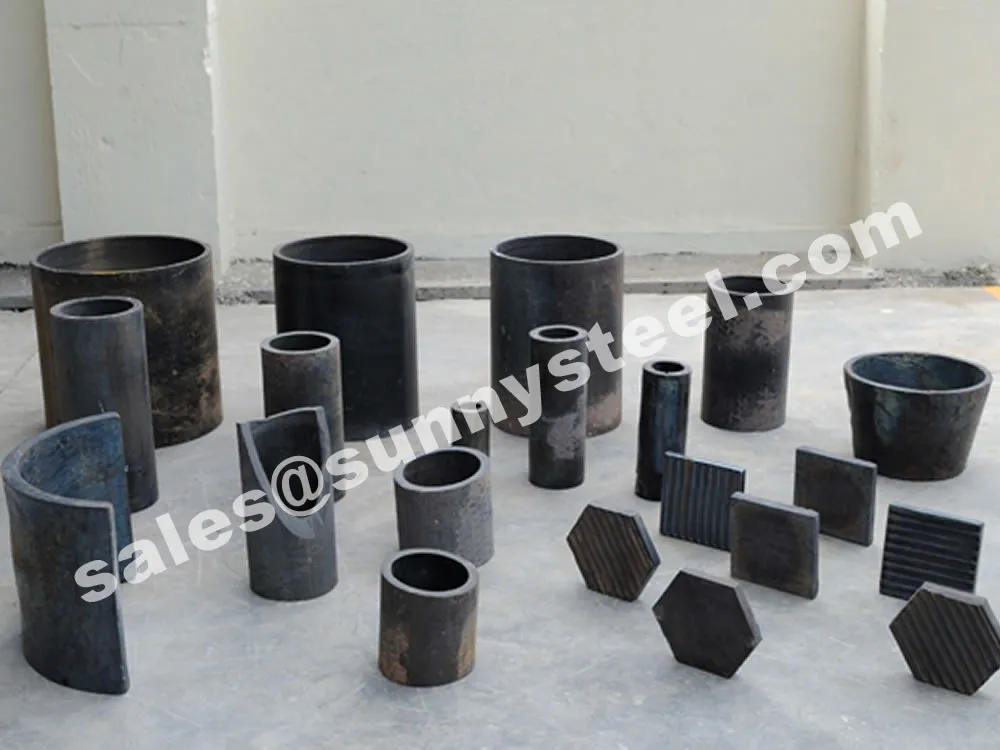
Cast basalt is a volcanic mineral material known for its exceptional abrasion resistance, complete impermeability to moisture, high compressive strength, and resistance to most acids and alkalis. It is entirely corrosion-proof, making it ideal for harsh industrial environments.
It is produced by melting selected natural basalt, crushed into 20–50 mm fragments, in shaft furnaces at approximately 1,300°C. The molten basalt is then cast and crystallizes into a uniform phaneritic structure, resulting in excellent hardness and wear resistance.
Cast basalt has a minimum hardness of 8 on the Mohs scale (diamonds are rated 10), making it extremely effective for abrasion and erosion protection.
Like other ceramics, it is sensitive to impact. Under normal service conditions, cast basalt withstands temperatures from -40°C to +350°C, but it should not be subjected to thermal shock.
Sizes: Cast basalt products come in the form of tiles, formed pieces, and segments. Straight pipes are spun-cast with nominal bores from 32 to 600 mm, wall thickness 20–30 mm, and standard lengths of 500 mm. Smaller bores, pipe segments with radii of 40–3000 mm, and special formed pieces are usually sand-cast. Steel molds can be used for higher volumes, producing 30–40 mm thick linings.
Cast basalt-lined pipes are widely used in abrasive and ash handling systems such as chutes, troughs, funnels, silos, dust collectors, rotary flow machines, conveyors, and feeders. In chemical plants, they can be used to line pickling tanks or store corrosive substances.
Customized specifications and shapes are available to meet specific project requirements.
Refined into a finely crystallized glass ceramic, Sunny Steel’s cast basalt linings offer extremely durable protection for static plants handling large volumes of abrasive or corrosive media.
Available in both pipe and tile form, cast basalt is ideal for wet material handling systems with lower impacts, such as coal chutes, ash sluiceways, and pipelines at power stations. It provides excellent resistance to wear, corrosion, and temperatures up to ~400°C.
Our factory is equipped with professional technical research and design personnel who can provide product optimization design and services.

S6 JAGUAR Wavelength Dispersive X-ray Fluorescence Spectrometer
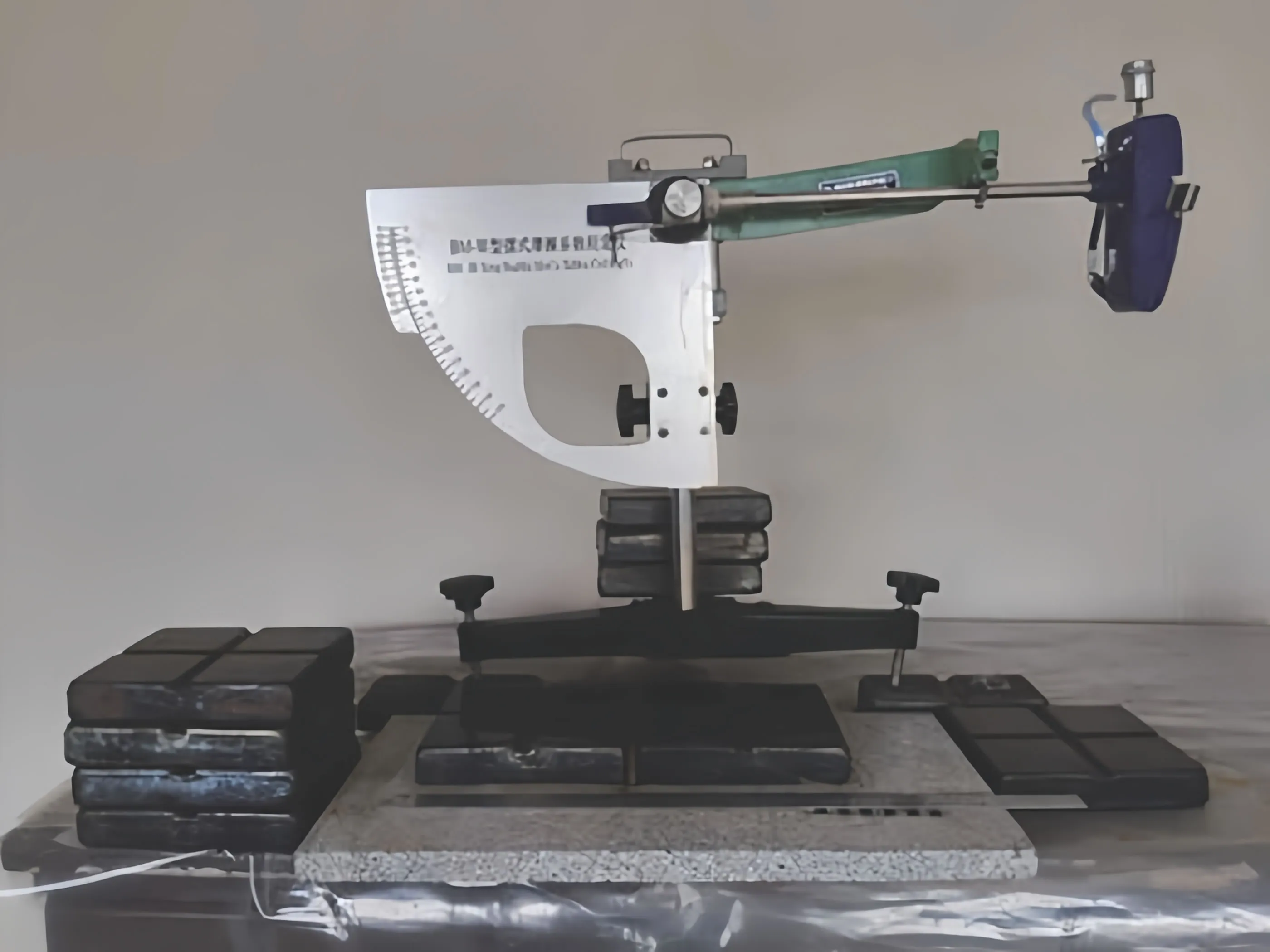
Pendulum Friction Coefficient Tester

XJJ-50 Single Beam Impact Testing Machine
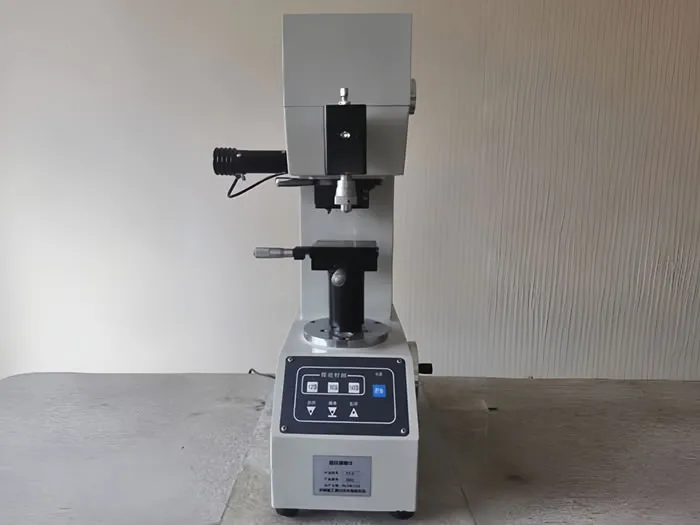
HV-5 Vickers Hardness Tester

CMT-100 Microcomputer Controlled Electronic Universal Testing Machine
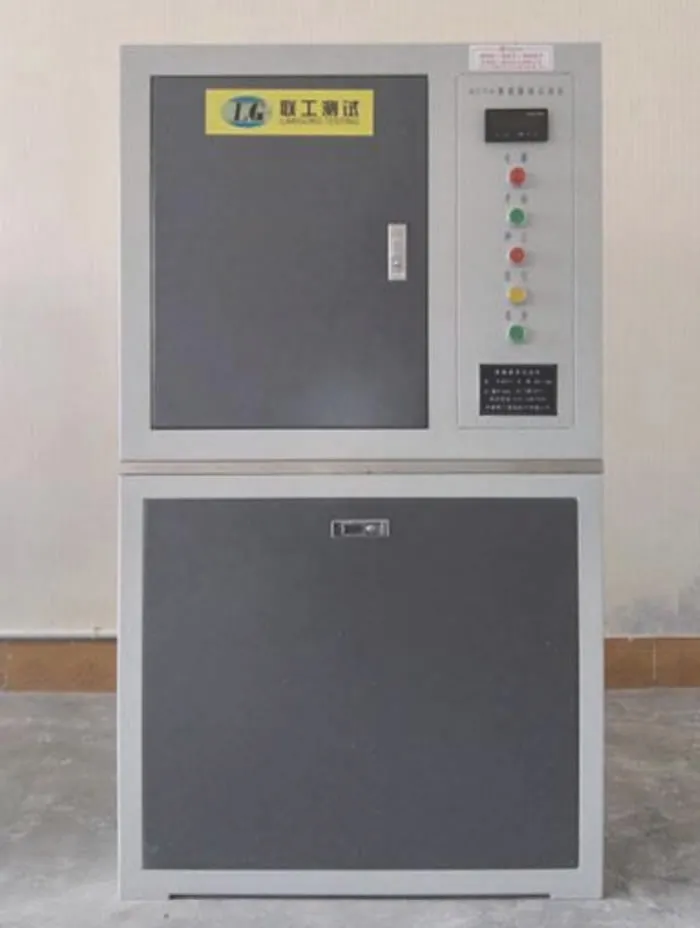
MSY-A Friction and Wear Testing Machine
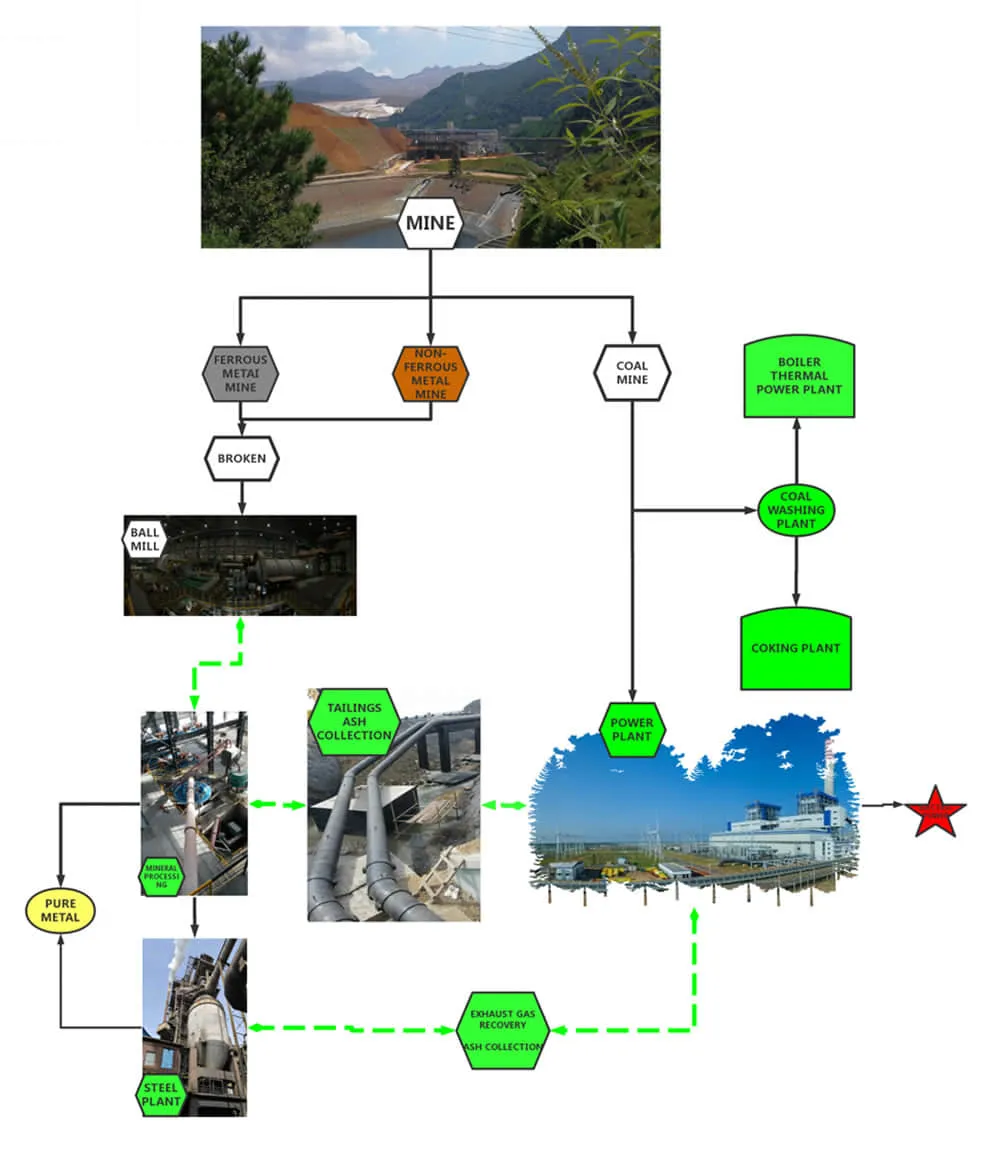 Manufacturing Process
Manufacturing Process
Cast basalt is a silicate crystalline material manufactured through a high-temperature refining process. It is produced using natural igneous rocks such as basalt, diabase, or selected industrial waste slag as the primary raw material.
These materials undergo melting, casting, controlled crystallization, and annealing, resulting in a dense, highly wear- and corrosion-resistant product.
A cast basalt lined pipe typically consists of three layers:
Cast basalt ceramic for abrasion and corrosion resistance
Steel pipe for structural strength
Cement mortar for bonding and chemical passivation
Composite Benefits: This composite structure ensures high durability, pressure resistance, and corrosion protection.
The cement mortar creates an alkaline environment on the inner steel surface, forming a passive protective film that prevents corrosion. Overall, the cast basalt lined pipe is ideal for transporting abrasive or corrosive media in complex operating conditions.
Elbows are designed with turning radii and center angles based on user requirements and share the same diameter series as straight pipes.
Cast basalt can be used for the lining of pipework, chutes, bunkers, cyclones, and hoppers.
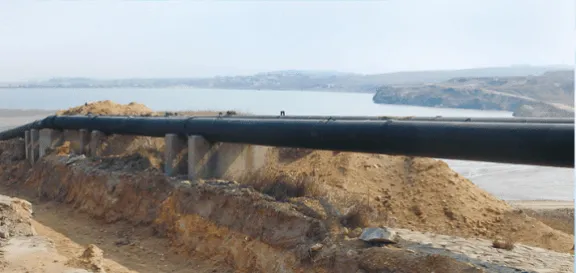
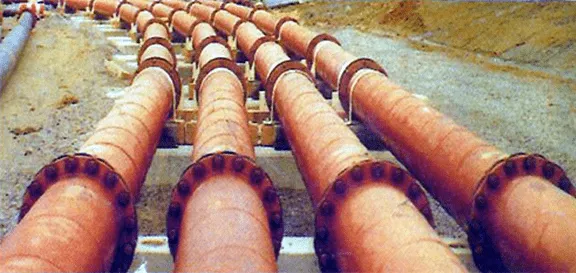
It has become the global standard in areas such as ash slurry pipework, often used at fossil-fuel power stations. It is an all-round cost-effective and adaptable lining material that extends the life of equipment in pipe or tile form where affected by erosion.
Cast basalt is well-proven in a variety of industries as a cost-effective, long-lasting lining material used to extend the operating life of equipment manufactured or lined with lower-wearing materials such as steel, cast iron, rubber, and polyurethane.
Cast basalt lined steel pipe, as both a wear-resistant and corrosion-resistant material, has proven effective over 30+ years of practical use.
It is also widely used in cement plants for components such as air separators, chain conveyors, hoppers, nozzles, ducts, chutes, and more.
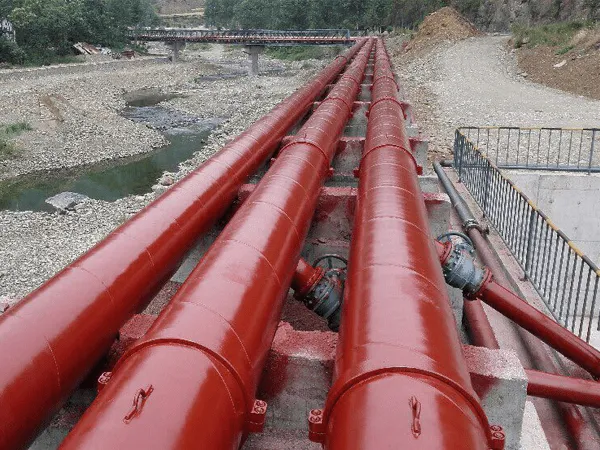
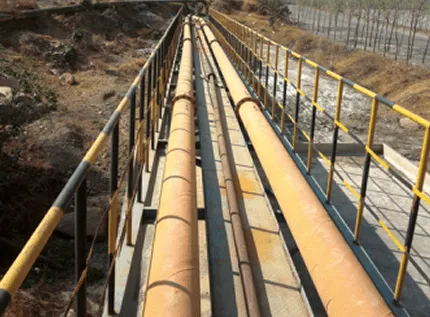
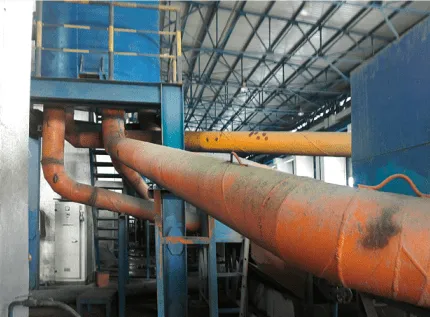
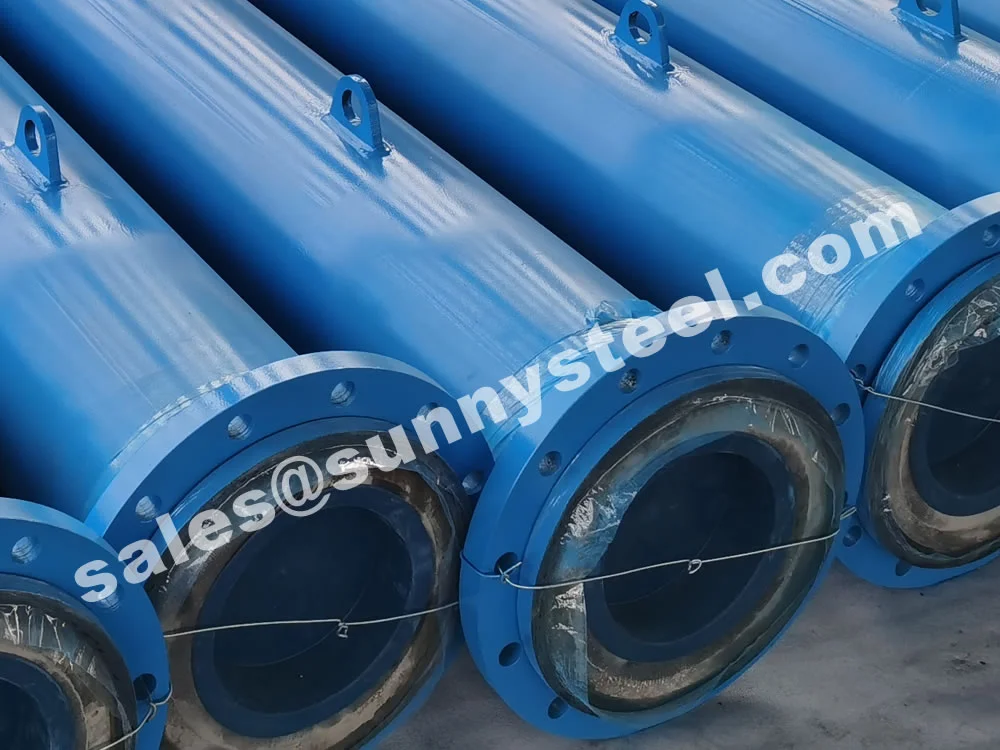
Cast basalt lined steel pipe is a type of pipe wit...
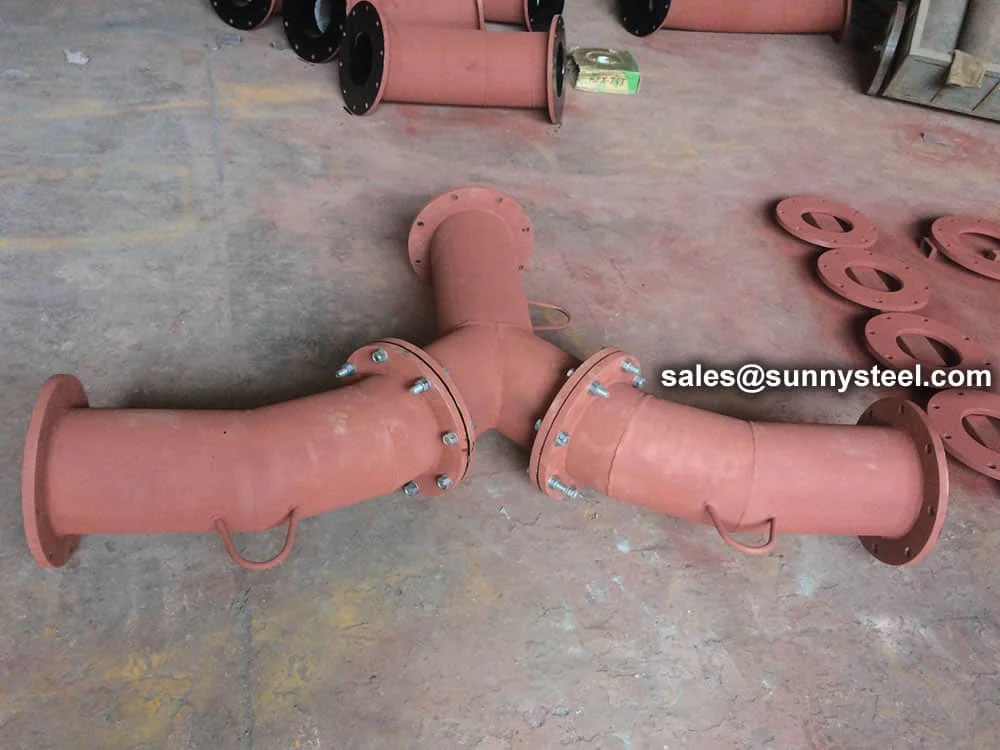
Y-piece cast basalt pipe is a type of piping compo...
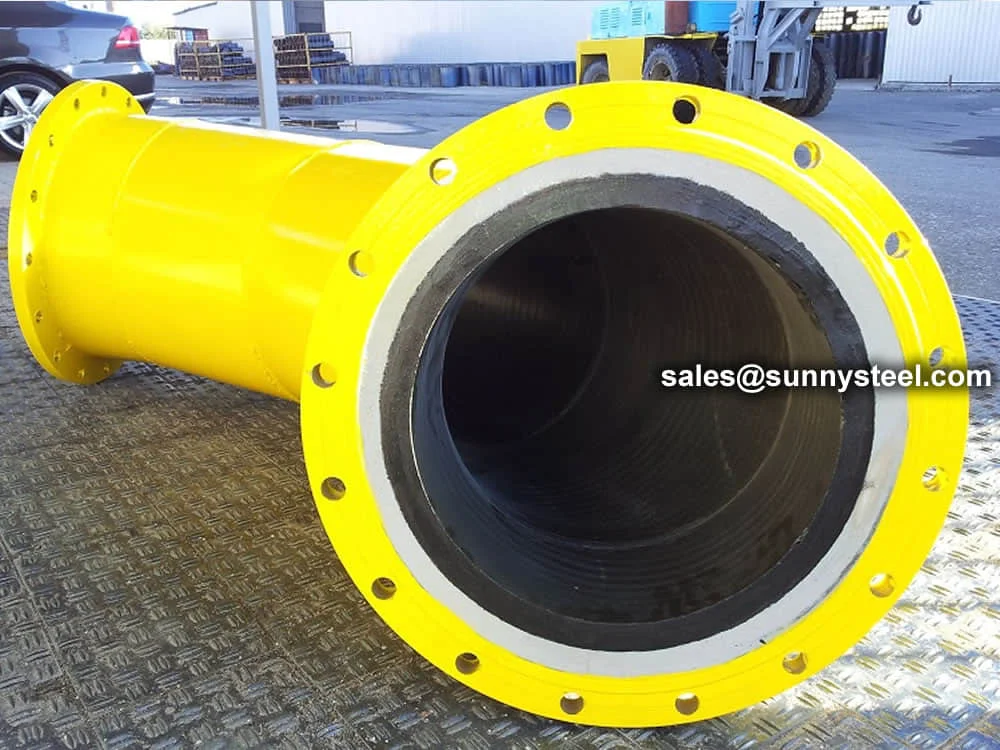
Heavy-duty steel bends with seamless cast basalt l...
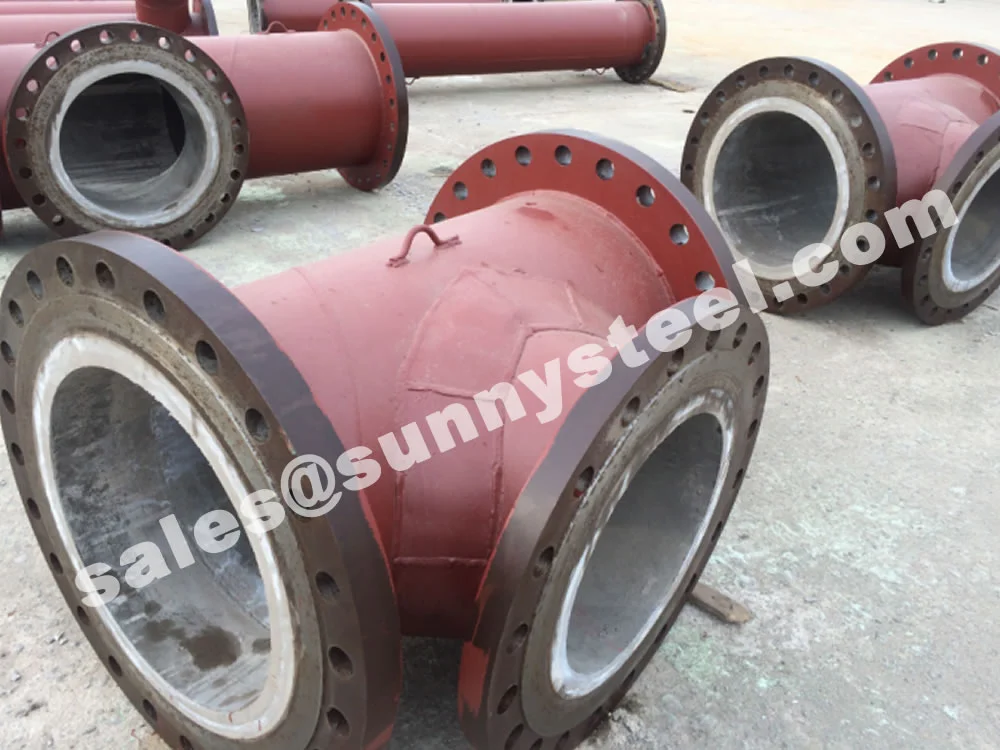
Cast basalt lined steel tees deliver exceptional a...
Steel pipes lined with high-performance silicon ca...